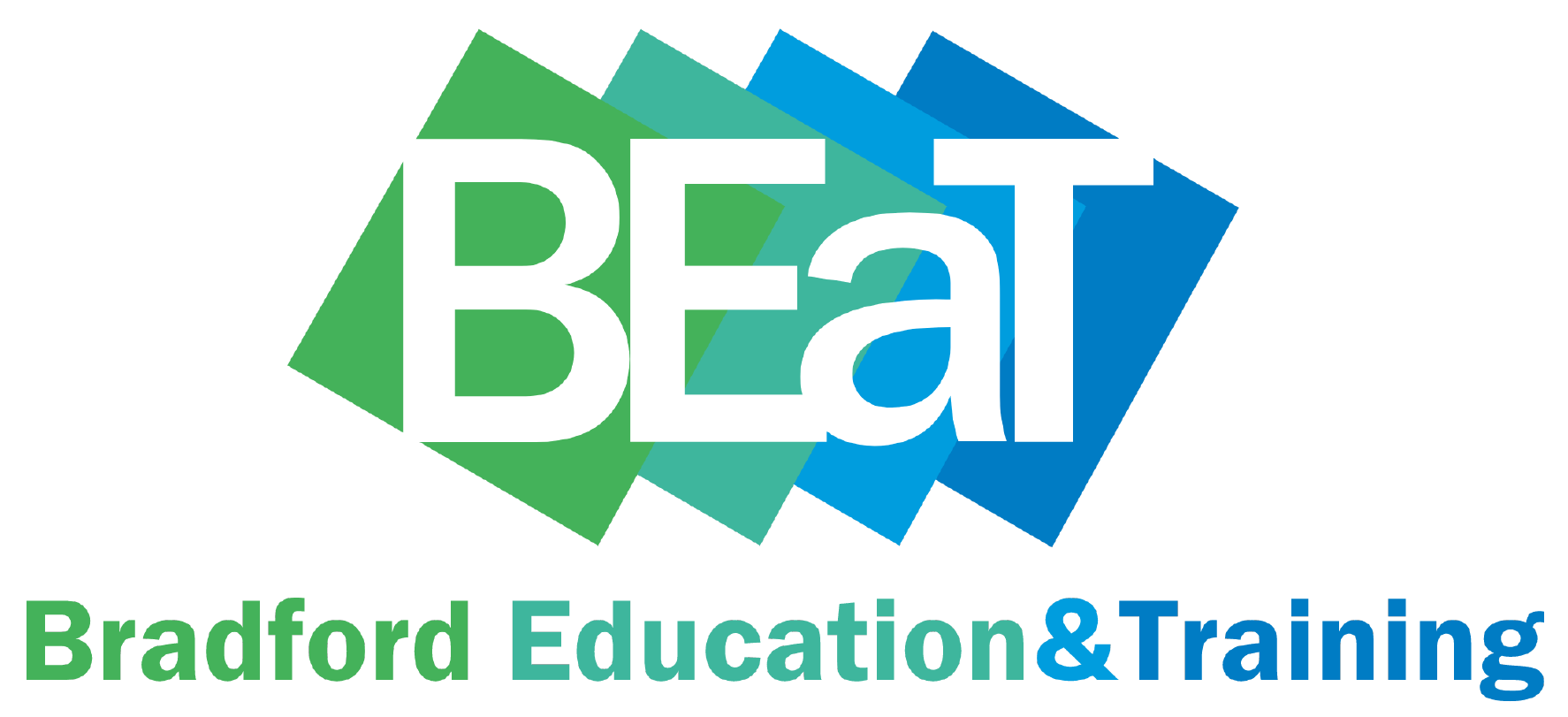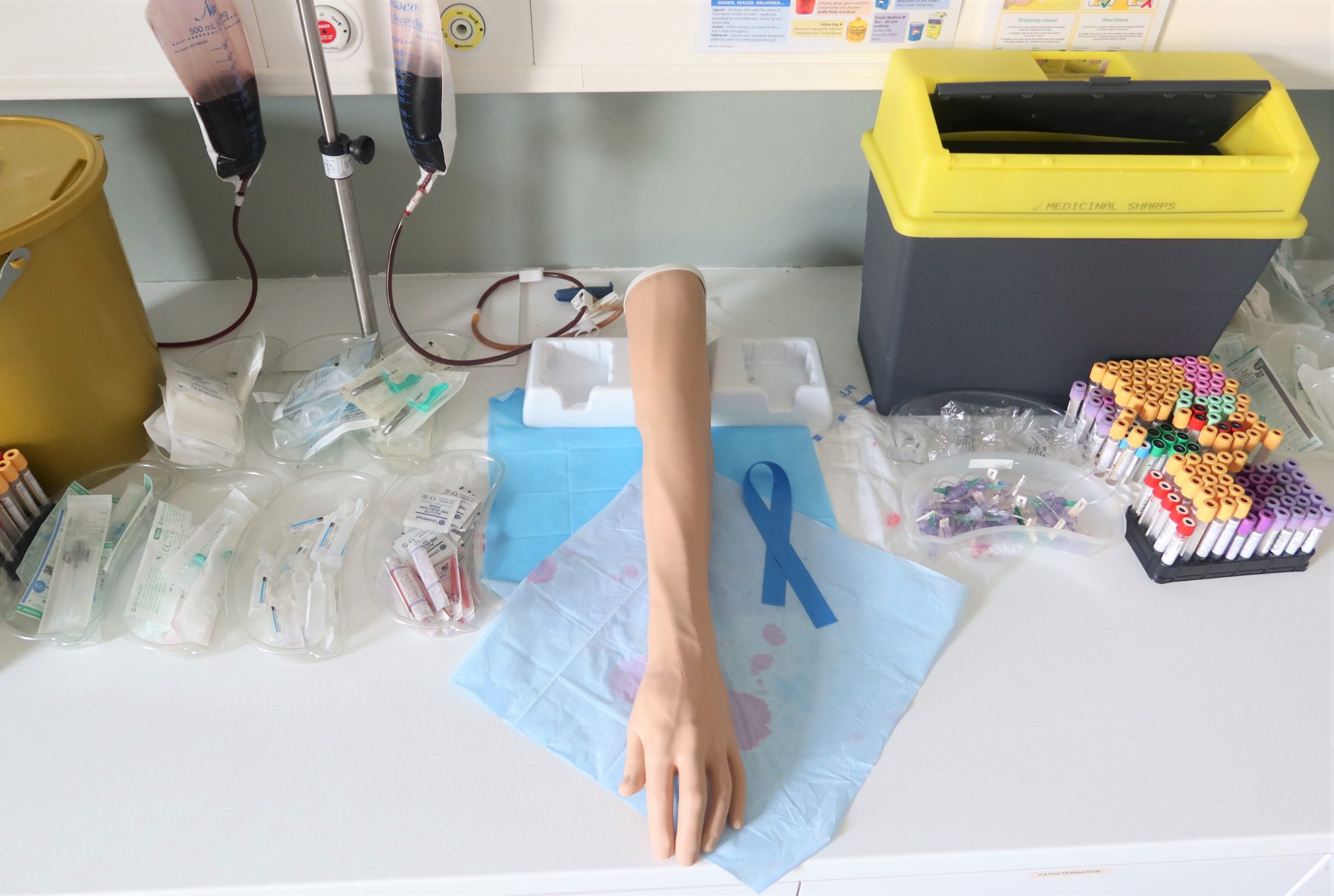BTHFT mission is to provide the highest quality healthcare at all times, Located in Fieldhouse, the clinical skills team are a small, dedicated team that strive to support this through high quality education. We facilitate delivery of theoretical and practical elements of a range of clinical skills. This can be via our regular timetabled sessions we offer throughout the year, or by request we can design clinical skills days, based on the needs of individual areas within the Trust. We can support the education design and delivery for your clinical area, as well as help with assessment to achieve competence. We predominantly deliver our sessions face to face, in our purpose-built teaching room, but can utilise a variety of teaching methods for the delivery of our sessions. We strive to make our training accessible for all our learners, if there are any adjustments required, please do not hesitate to contact the team to discuss further.
BOOK VIA ESR OR BY EMAILING THE CLINICAL SKILLS TEAM DIRECTLY
Our clinical skills sessions are also offered out to external learners at a cost. We are happy to discuss training needs to either book onto our timetabled sessions or to design bespoke days to fit your organisation’s needs. We can also provide competency document as part of the session(s) for learners to complete in their clinical environment. Please follow the link to our training brochure of courses offered, and prices. If you would like further info then please contact clinical.skills@bthft.nhs.uk
Our booking form can also be found below, along with booking and competency terms and conditions.
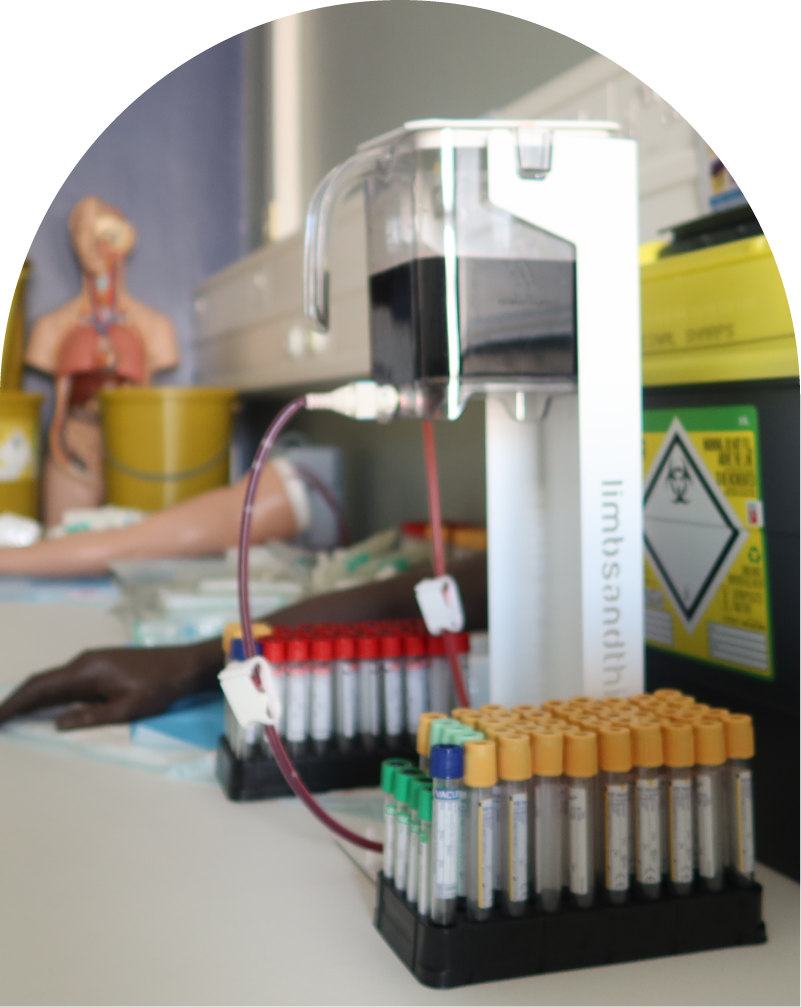
Competency Assessment Requirements
Learners need to identify a supervisor/assessor in clinical practice, who has competence in the skill they are learning, along with an appropriate assessment qualification. Once the theory session has been attended, learners are then given 12 weeks to achieve the skill in clinical practice. ESR will be updated in 2 stages: theory attended, and practical competency achieved. Once competence is achieved then evidence of this needs to be emailed to the clinical skills team, for ESR to be updated to reflect.
If there are issues surrounding achievement of a skill, then please do not hesitate to contact us for further advice.
Click on the tabs below to view information on the courses we run in house:
Aseptic Non-Touch Technique (ANTT) is taught as standard in all our practical skills sessions. Infection prevention is an important aspect of patient safety, ANTT offers a recognised universal framework that provides a key set of principles that aims to reduce the risk of infection during clinical procedures. This session can also be offered as a stand alone session, or alongside a clinical skill, covering the theoretical knowledge required for clinical practice. There is an accompanying competency document that requires completion.
We also provide training to staff members wishing to become assessors in their clinical areas.
Offered monthly, the ECG session provides learners with the underpinning theory required to competently perform an ECG in practice. Open to all clinical staff, the session is designed to meet all learners needs and includes a practical element. There is an accompanying competency document that requires achievement in the clinical areas.
Both cannulation and venepuncture are very popular sessions and they can be delivered separately or combined. Delivered in our purpose-built teaching room, they are interactive theory and practical sessions providing the knowledge required to peripherally cannulate/take bloods, as well as identifying the responsibilities of staff and exploring the associated risks. There is an opportunity to practice the skill on a manikin arm during the session.
Separate sessions currently run three times a month, with combination sessions running twice a month, and are open to all clinical staff. Combined sessions can currently be arranged via the clinical skills team. There is an accompanying document competency assessment document for both skills.
NEWS 2/deteriorating patient is predominantly a theory based session, which highlights the importance of NEWS 2 and how to identify the deteriorating patient when in clinical practice. It aims to translate what the numbers mean and how to escalate. Neurological observations are also included in the session. This session can be offered as part of a upskilling day, bespoke to areas, arranged via the clinical skills team and is also included on large scale Induction for Newly Qualified Nurses and Trainee Nursing Associates.
We offer both male and female urethral catheterisation, both delivered in our purpose-built teaching room to offer both the theory and practical aspect of the skills. The training illustrates the roles, responsibilities and accountability of staff when performing and managing urethral catheterisation. The practical aspect uses our manikins giving the learner opportunity to utilise the knowledge and experience of our educators whilst learning. Combined sessions are timetabled monthly and are open to all registered nurses, midwives and nursing associates. Separate sessions can also be arranged via the clinical skills team. There is an accompanying competency assessment document for both skills.
IM injections is an interactive theory and practical session that provides the, underpinning the theory of why this method of administration is preferable for the administration of some medications, along with the importance of correct site selection and technique. Open to all those who administer medications and/or vaccines via this route the session is not offered as part of our regular timetable, therefore needs to be arranged with the clinical skills team, meaning it can be offered as a 1-1 or a group session. When the session is arranged, some background information will be required about what will be administered as part of your role, so the session can be delivered ensuring the correct technique is taught, as there can be slight variations dependant on the medication/vaccine administered.
CVAD forms the final session of medicines administration and covers why CVADs are necessary in the care and treatment of some patients, and are the preferred method of medication administration. The differences in management of CVADs compared to peripheral IV lines is explored, the training also considers the roles and responsibilities of the practitioner, along with the advantages, disadvantages and the risks of CVADs. This session runs once a month and are available to all registered nurses, midwives or those undertaking the ACP course who haven’t previously required this skill. Clinical competence will need to be achieved in practice, and accompanying documents will be provided by clinical skills.
SAMs is high priority training for all staff who administer, advise on, or review medications as part of the assessment process (pre-op assessment). We offer sessions on induction to the Trust and an update is required two yearly at present. As part of the sessions, staff are provided with an information padlet, where they can access relevant links that cover the legal and professional considerations of the administration process, as well as complete an assessment if it is an update. Anaphylaxis, oxygen administration and medication safety events are also covered in both the induction and update, to provide the foundation for alternative administration routes, such as IV/CVAD. Multiple sessions are offered monthly, or alternatively there is an E-Learning update available on ESR. Those who are new to medications are required to complete a competency document after their induction session, those new to BTHFT but have prior experience with medications are required to have a competency assessment once in their clinical areas.
IV administration follows the SAMs Induction session, to build on knowledge gained from this. An interactive theory and practical session that highlights roles, responsibilities and accountability to staff that will be responsible for the administration of IV medications and fluids to patients. Delivered jointly with pharmacy, it also covers practical elements such as reconstitution, as well as the safe use of infusion devices such as Fresenius infusion pumps. These sessions run in line with the BTHFT induction weeks and are currently only available to those who will be administering via the IV route. As per the requirements for SAMs, those new to IV administration will be required to complete a competency document, those new to BTHFT with prior experience can undertake an assessment in their clinical area but must provide evidence of their previous competency document.
Consent is an integral part of healthcare that is quite often misinterpreted, this session aims to demystify consent, by covering the theoretical components of non-medical consent, providing the learner with the legal, ethical and professional considerations when obtaining consent, as well as looking at refusal and withdrawal of consent. Sessions can be offered to those who are required to obtain consent as part of their role, with an accompanying competency document, or it can be offered to those who need to understand consent in more detail. Although the session is offered quarterly, bespoke sessions for clinical areas can be arranged via the clinical skills teams, this also includes bespoke sessions for research colleagues.
Aimed at those in areas where the death of a patient is expected, and medical cover is limited, the session covers the theory of the verification of expected death and provides the learner with understanding of national guidance of the steps required to verify the death of a patient along with the legal, ethical and professional considerations. There is opportunity to practice the steps within the session and competency assessment can be provided by the clinical skills team. This session isn’t timetabled regularly throughout the year, therefore, will need to be arranged via the clinical skills team. This skill requires a 2 yearly update, which again can be organised via the clinical skills team.
Forming the last part of our respiratory focused sessions, the Neckbreathers study day is aimed at those who care for patients with tracheostomies and laryngectomies. The day incorporates theory and simulates practical of daily care and emergency management. The day is facilitated as a multidisciplinary approach and is offered to registered nurses, midwives, physiotherapists and speech and language therapists. This training is provided in a hybrid approach, there is a pre-course requirement to completing the National Tracheostomy Safety Project (NTSP) E-Learning modules, which can be accessed via ESR. Offered 4 times a year, we utilise the Simulation suite, where we can make the simulated aspect more realistic. A fantastic day that aims at building the knowledge, skills and confidence of all team members involved in delivering care to this vulnerable patient groups Post study day there will be clinical competencies to achieve and a yearly update in emergency care and management.
ICDs can be used as a stand alone session or as part of the respiratory skills sessions offered. It is aimed at those who care for patients who require chest drains, but not necessarily on non-invasive support. It illustrates the role of the nurse in the care of chest drains, along with highlighting why they are inserted, as well as looking at the risks and how to troubleshoot complications. This session needs to be arranged via the clinical skills team and can be added as part of an upskilling day. There is also an accompanying competency assessment document to complete.
Meet the Team
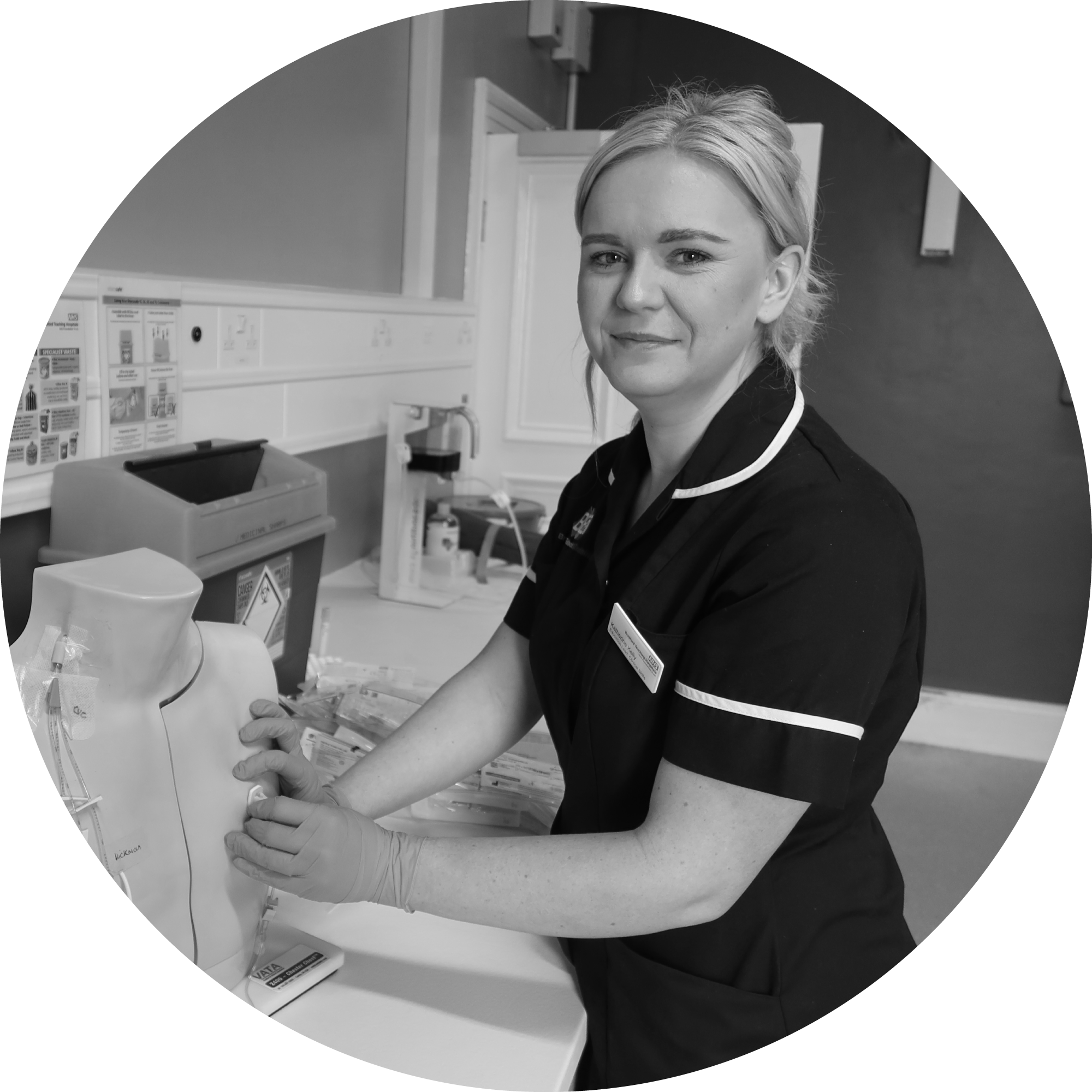
Katherine Kelly
Education Lead for Clinical Skills
Katherine.Kelly@bthft.nhs.uk
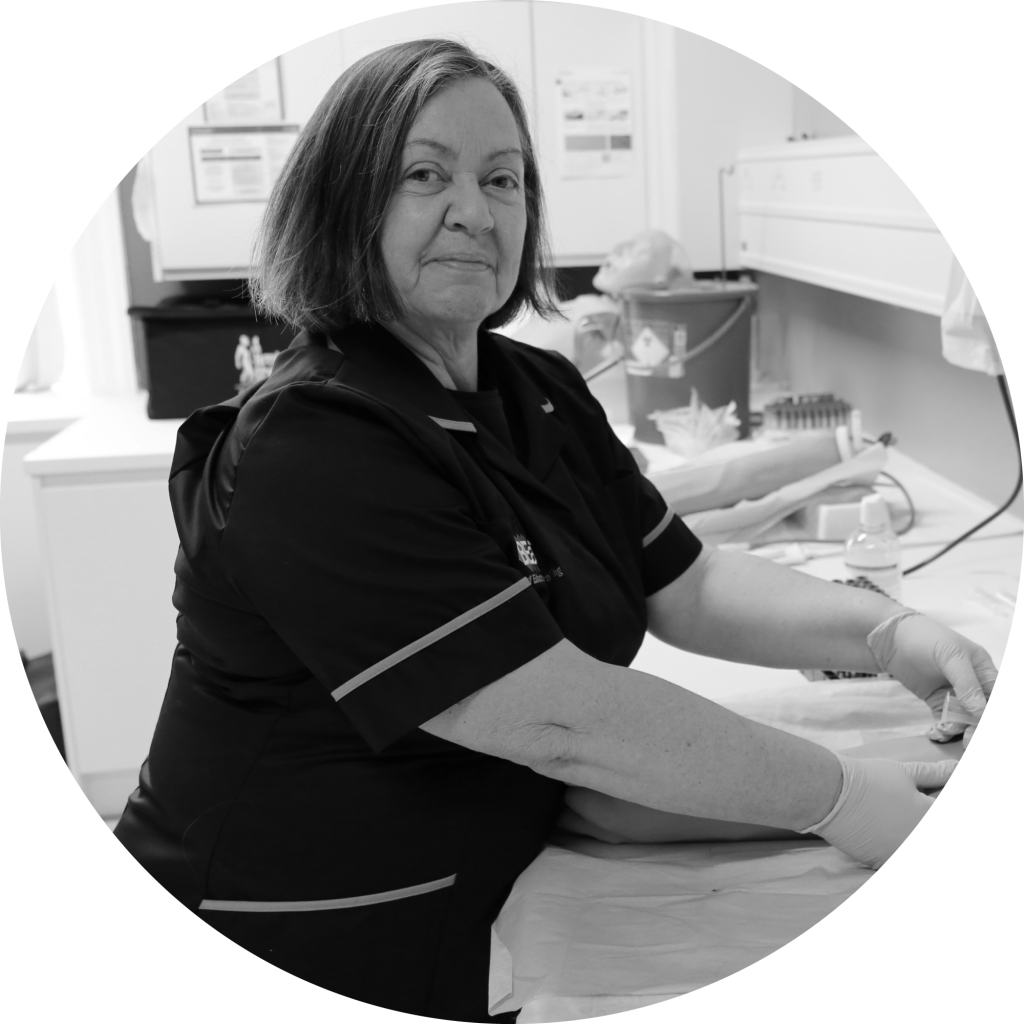
Ann Lovatt
Clinical Educator
Ann.lovatt@bthft.nhs.uk
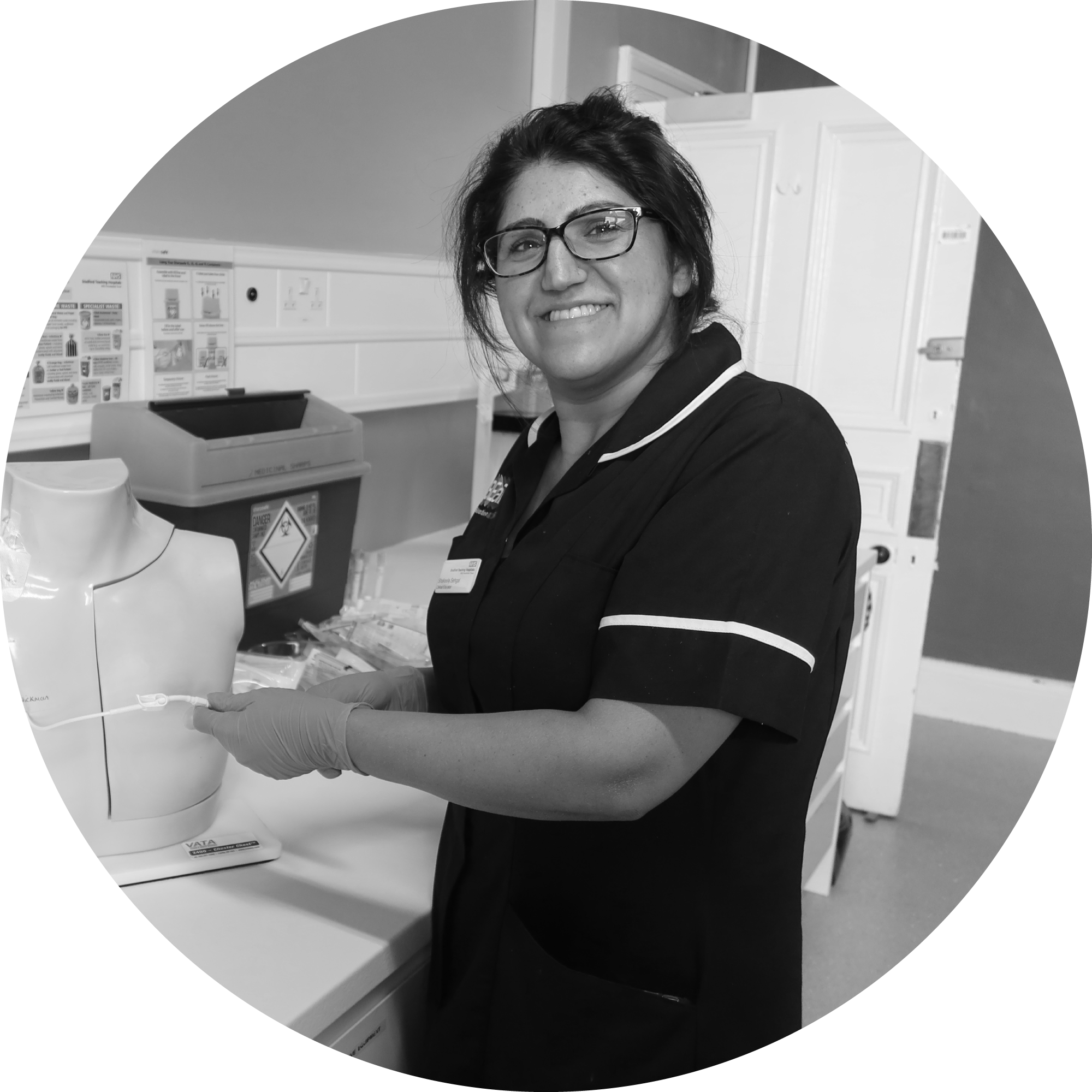
Shakeela Seghal
Clinical Educator
Shakeela.Sehgal@bthft.nhs.uk
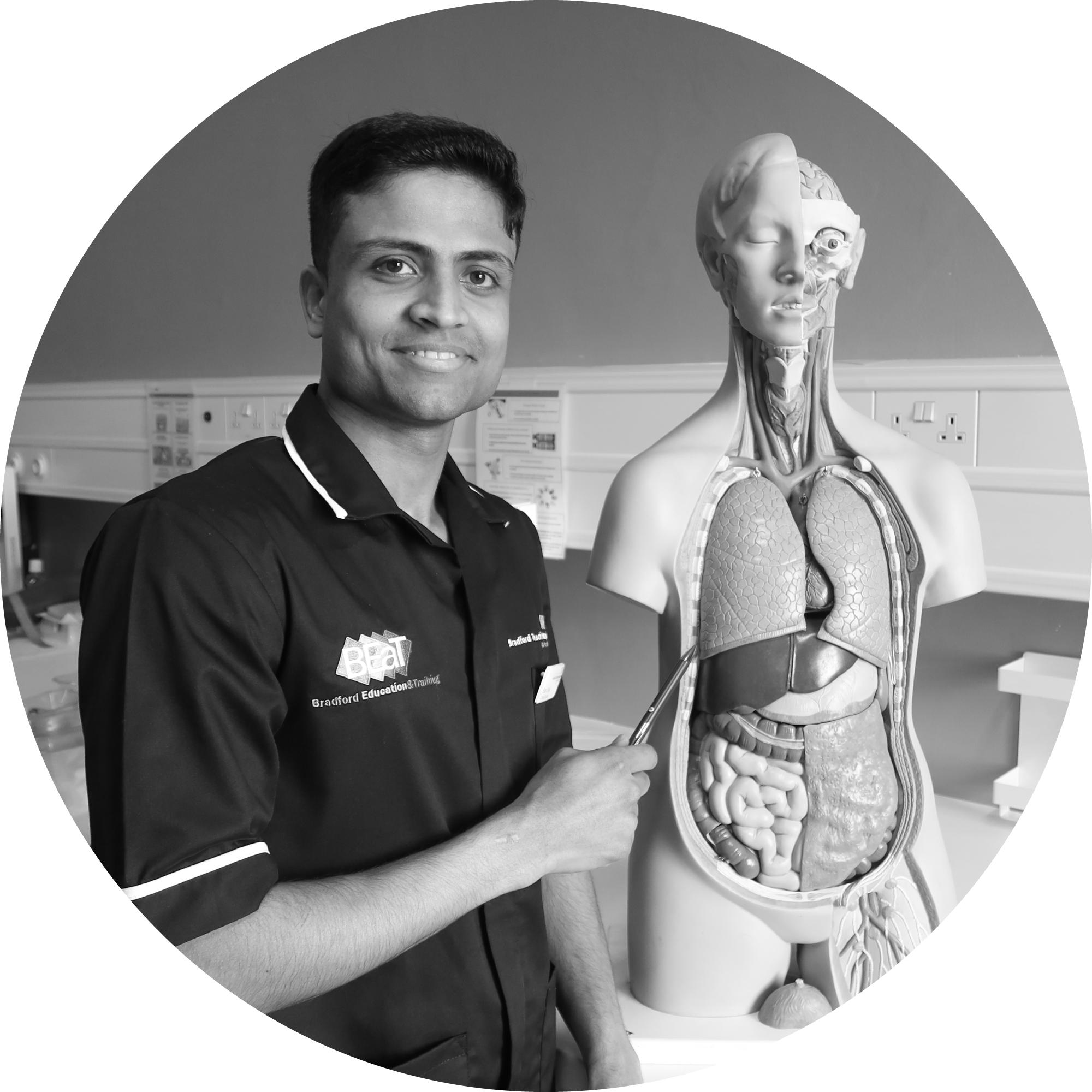
Sam Shaju
Clinical Educator
Sam.Shaju@bthft.nhs.uk
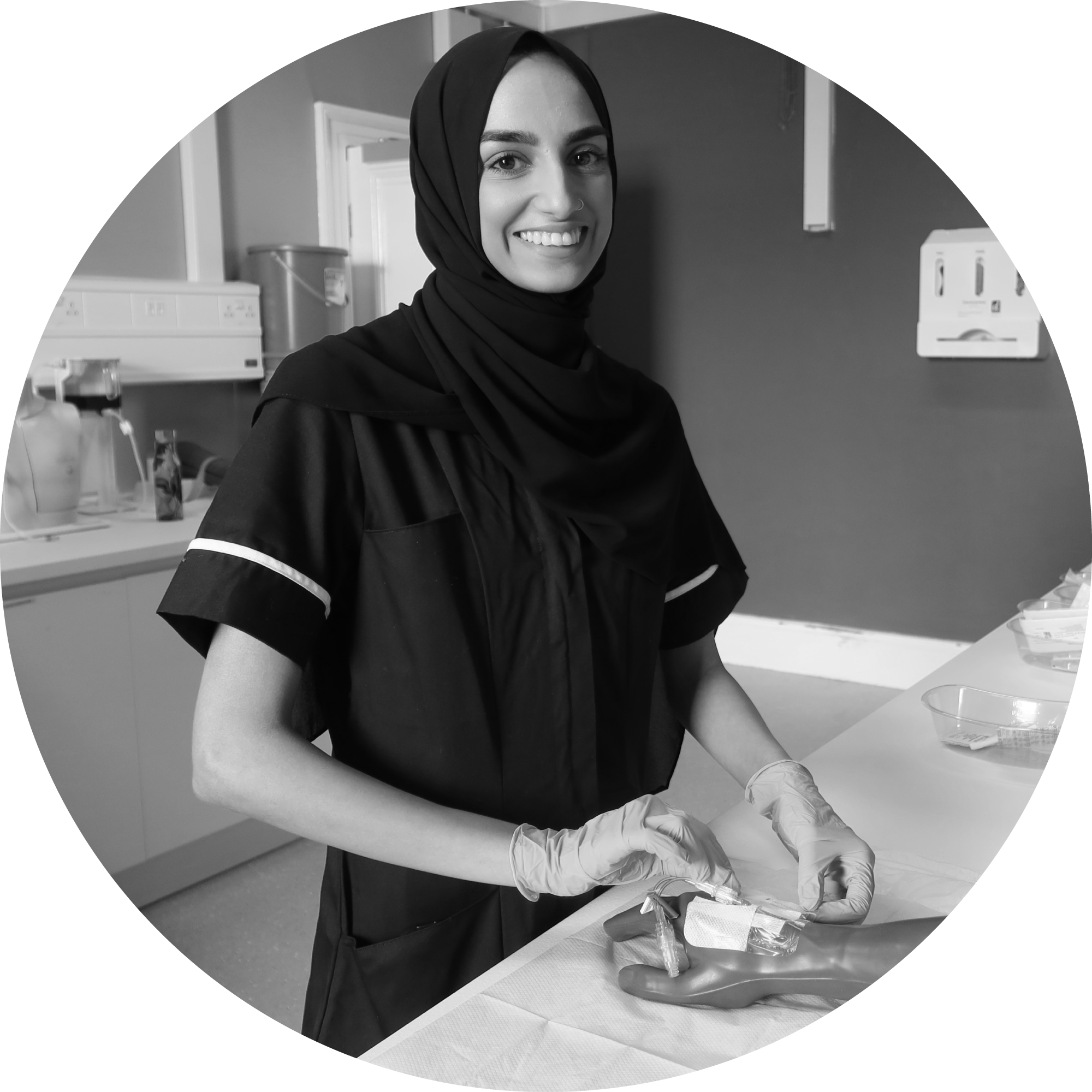
Alifiyah Bostan
Clinical Educator
Alifiyah.Bostan@bthft.nhs.uk

Hina Shah
Education Administrator
Hina.Shah@bthft.nhs.uk
